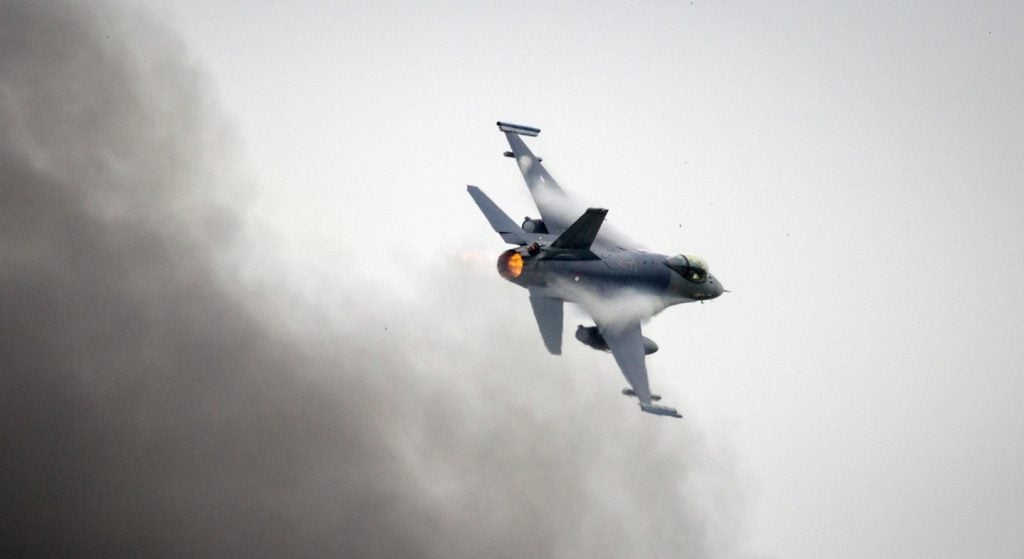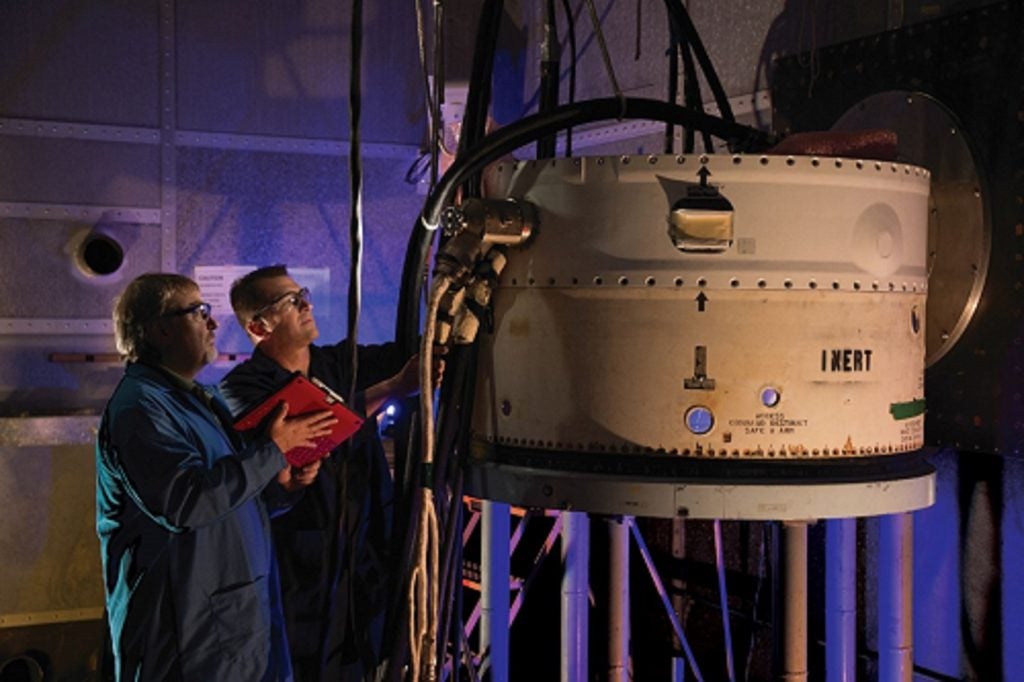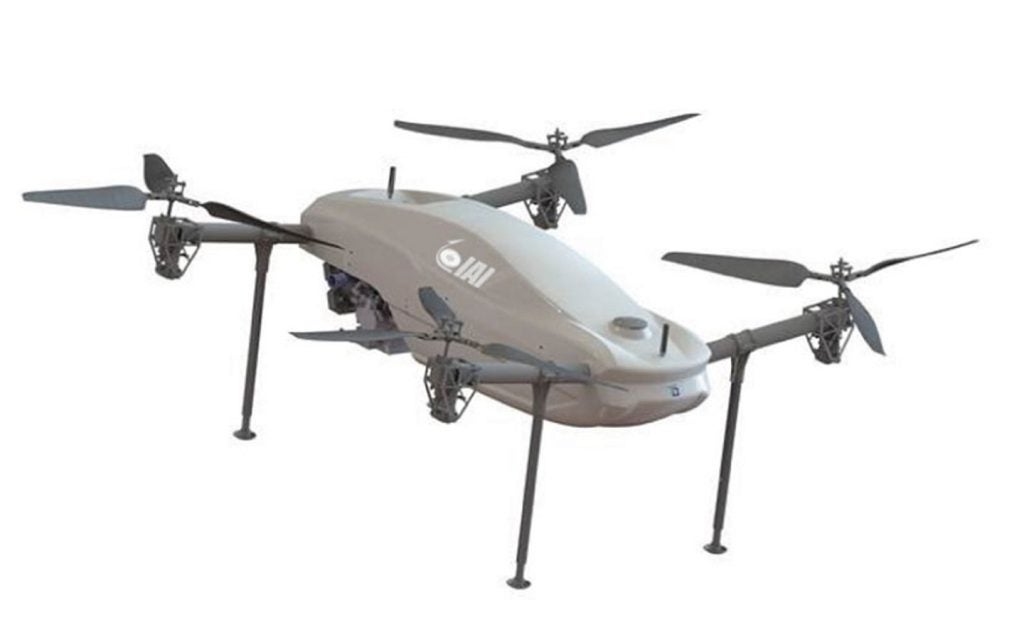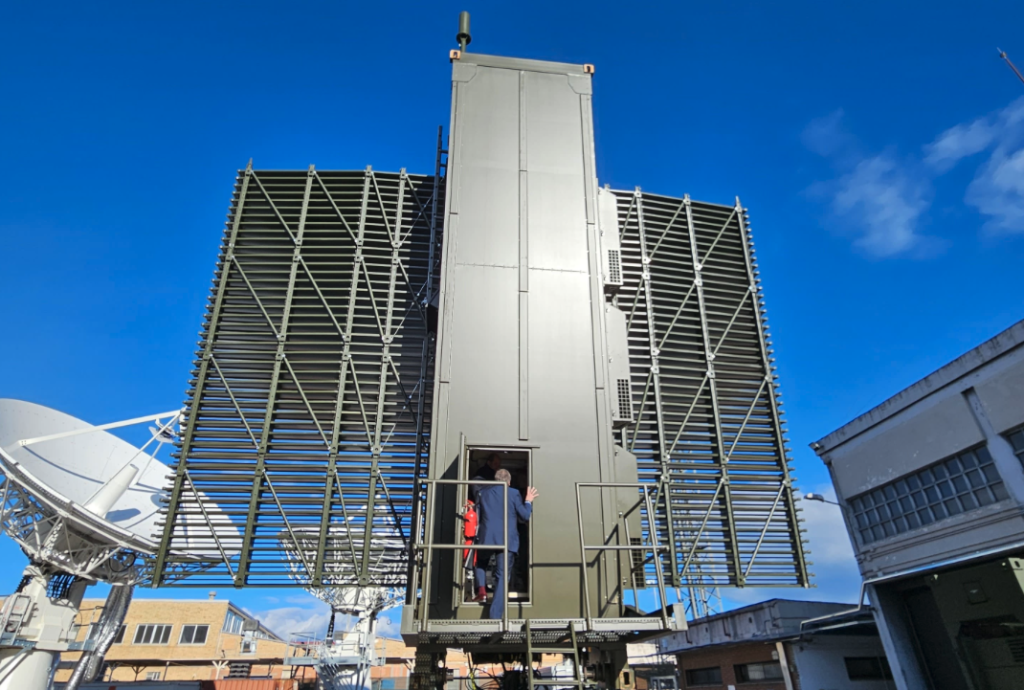The Dutch Government announced it will purchase ammunition for Ukraine to go with its forthcoming fleet of F-16 Fighting Falcon jets.
Specifically, the Netherlands will purchase air-to-ground ammunition directly from the manufacturer, which amounts to €150m ($161.7m).
Ukraine’s F-16s have been an enduring topic of discussion as the West hopes to hand the Ukrainian Armed Forces a significant edge in its apparent stalemate with invading Russian forces.
This commitment comes just after Russia demonstrated localised air supremacy earlier this year, concluding its five-month-long offensive to capture Avdiivka in the Donetsk region. Not only does this indicate the Ukrainian Army’s lack of weaponry, but also the race to secure the skies in an attritional war.
This would likely be the first time this has happened in the war – a conflict marked by Mutual Air Denial, where neither side’s air forces have been able to operate outside of territory supported by ground troops.
F-16s to Ukraine
The F-16 Fighting Falcon originally entered service in the US Air Force in 1979, and has since been operated by more than 25 other countries.
Block 70/72 units are the latest production configuration, having been ordered by five countries so far. The platform incorporates new capabilities and structural upgrades that ensure the fighter can operate until at least 2060.
The aircraft has nine hardpoints for weapons payloads: one at each wing tip, three under each wing, and one centreline under the fuselage.
Air-to-surface missiles carried on the F-16 include Maverick, HARM and Shrike missiles, manufactured by Raytheon, and anti-ship missiles include Boeing Harpoon and Kongsberg Penguin.
Now with a total of 24 jets, of which the Netherlands provided six units in February, the fleet is being prepared for delivery to Ukraine. 18 fighters are intended for an F-16 training centre in Romania.
There is debate about whether the F-16s can actually operate in Ukraine, where there are concerns that the Ukrainians will not be able to maintain adequate support and logistics infrastructure for such sophisticated aircraft.
Critically, the Ukrainian Air Force will no doubt leverage infrastructure in Nato countries to avoid damage from Russian strikes. An F-16 centre is already established in Romania, where Ukrainian pilots will train on the US-made platforms. Nonetheless, F-16s are so widely used that spare parts and pipelines are already well established, according to GlobalData Defence Analyst Tristan Sauer, so there will be no issue of sourcing supplies.












